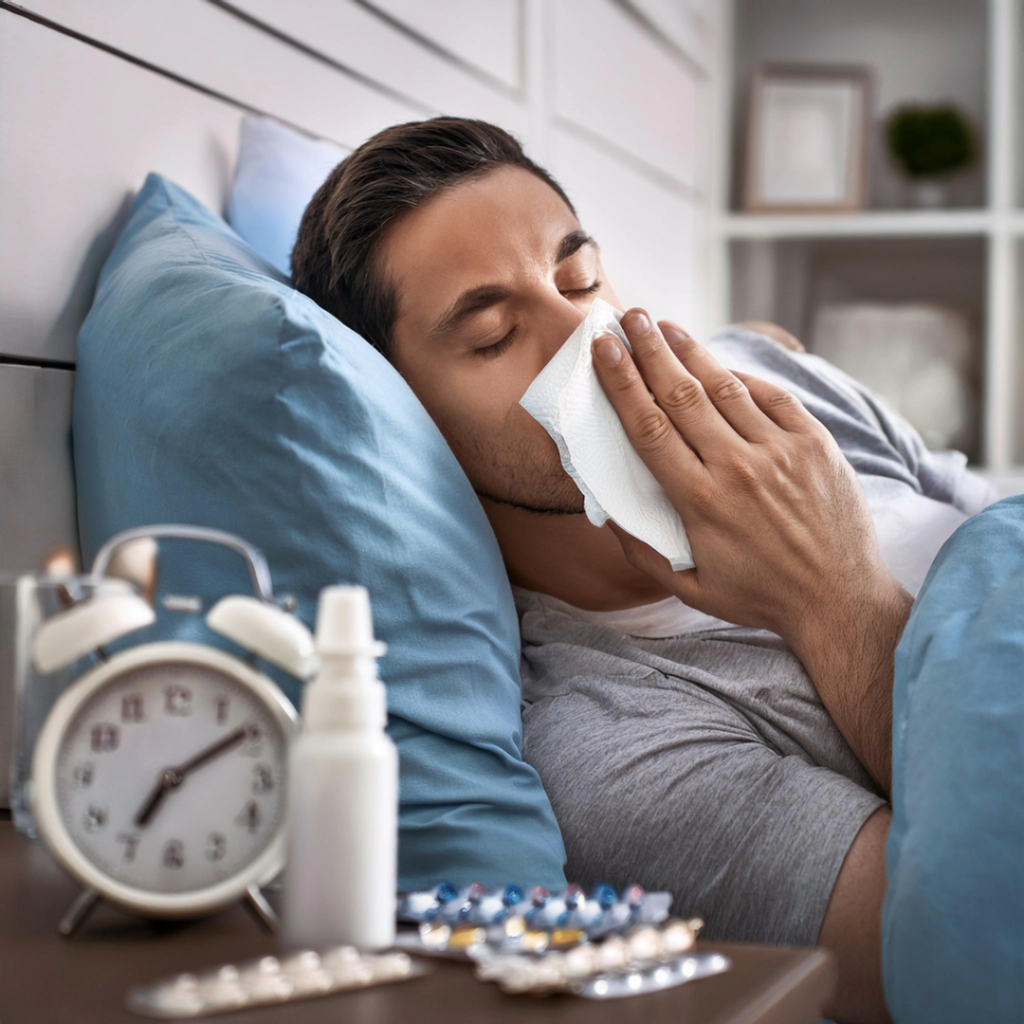Menopause and Sleep: Navigating the Challenges for Restful Nights
Menopause is a significant life transition that affects many aspects of a woman’s health and well-being, including sleep. As women approach menopause, they often experience a range of symptoms that can disrupt their sleep patterns and overall quality of rest. Understanding the connection between menopause and sleep can help you manage these changes more effectively and improve your sleep quality during this phase of life.

How Menopause Affects Sleep
- Hormonal Changes
- Estrogen and Progesterone Levels: During menopause, the production of estrogen and progesterone decreases. These hormones play a crucial role in regulating sleep. Lower levels can lead to difficulty falling asleep, staying asleep, and experiencing restful sleep.
- Hot Flashes and Night Sweats: Common symptoms of menopause, such as hot flashes and night sweats, can significantly impact sleep. These symptoms cause sudden and intense feelings of heat, which can lead to frequent awakenings and disrupted sleep.
- Sleep Disorders
- Insomnia: Many women experience insomnia during menopause, characterized by difficulty falling asleep or staying asleep. Hormonal fluctuations, combined with other menopause-related symptoms, can contribute to sleep disturbances.
- Sleep Apnea: Menopause can increase the risk of developing sleep apnea, a condition where breathing repeatedly stops and starts during sleep. This condition can lead to fragmented sleep and daytime fatigue.
- Mood Changes and Stress
- Anxiety and Depression: Menopause can bring about mood changes, including anxiety and depression, which can interfere with sleep. The stress and emotional upheaval associated with these changes can make it challenging to relax and fall asleep.
- Physical Discomfort
- Joint and Muscle Pain: Some women experience joint and muscle pain during menopause, which can make finding a comfortable sleeping position difficult and affect overall sleep quality.
Tips for Improving Sleep During Menopause
- Manage Hot Flashes and Night Sweats
- Use Lightweight Bedding: Opt for lightweight, breathable bedding materials such as cotton or moisture-wicking fabrics to help manage night sweats and keep you cool.
- Keep Your Bedroom Cool: Maintain a comfortable bedroom temperature using fans or air conditioning to reduce the likelihood of night sweats disrupting your sleep.
- Establish a Relaxing Bedtime Routine
- Practice Relaxation Techniques: Incorporate relaxation techniques such as deep breathing, meditation, or progressive muscle relaxation into your pre-sleep routine to help calm your mind and body.
- Create a Sleep-Inducing Environment: Ensure your sleep environment is conducive to rest by keeping the room dark, quiet, and cool. Consider using blackout curtains, earplugs, or a white noise machine if needed.
- Prioritize Sleep Hygiene
- Stick to a Consistent Sleep Schedule: Go to bed and wake up at the same time each day to regulate your internal clock and improve your sleep quality.
- Limit Stimulants and Alcohol: Avoid caffeine, nicotine, and alcohol close to bedtime, as they can interfere with your ability to fall asleep and stay asleep.
- Stay Physically Active
- Regular Exercise: Engage in regular physical activity, such as walking, swimming, or yoga, to help reduce stress and improve sleep quality. Aim for at least 30 minutes of moderate exercise most days of the week, but avoid vigorous exercise close to bedtime.
- Address Mood Changes and Stress
- Seek Support: If you’re experiencing anxiety or depression, consider talking to a healthcare professional or therapist. Addressing these issues can help improve your sleep and overall well-being.
- Practice Stress-Relief Techniques: Incorporate stress-relief techniques such as journaling, mindfulness, or hobbies that you enjoy to help manage stress and improve sleep quality.
- Consult with Healthcare Providers
- Explore Treatment Options: If sleep disturbances persist, consider consulting with your healthcare provider for guidance on hormone replacement therapy (HRT) or other treatments that may help alleviate menopause-related symptoms affecting your sleep.
- Evaluate Sleep Disorders: If you suspect you have a sleep disorder, such as sleep apnea, seek a professional evaluation and treatment to address the issue and improve your sleep.
Conclusion: Embracing Better Sleep During Menopause
Menopause can bring about significant changes that impact sleep, but with the right strategies and support, you can navigate this transition more comfortably and improve your sleep quality. By managing symptoms, practicing good sleep hygiene, and addressing emotional and physical challenges, you can enhance your overall well-being and enjoy restful nights.
At Restolex, we are committed to helping you achieve the best possible sleep experience, no matter what stage of life you’re in. Explore our range of mattresses and sleep products designed to support your comfort and sleep needs during menopause and beyond. For more information and personalized recommendations, visit our website or consult with our sleep experts today.
Newsletter Sign Up
Join our community to receive exclusive updates, sleep tips, and special offers directly in your inbox. Stay informed and be the first to know about our latest products and promotions.

Contact Us
- 9/1, Ashokapuram, Industrial Suburb, Yeshwanthpur, Bengaluru-560022, India
-
care@restolex.com
Orders@restolex.com
Support@restolex.com -
+91-8750054466
+91-8123018558
